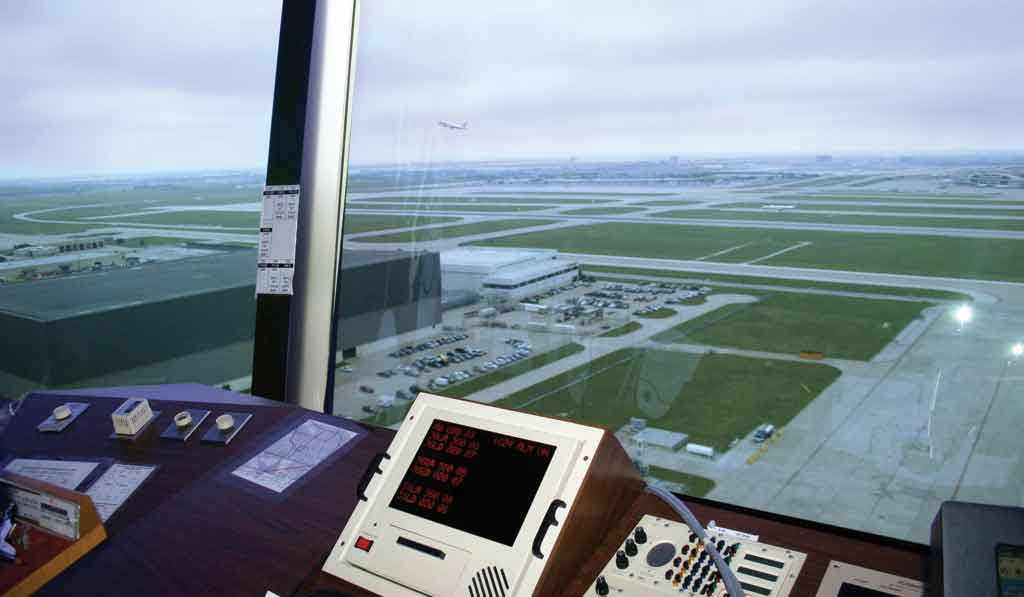
Rep. Bill Shuster has inserted an eleventh-hour amendment into the FAA Reauthorization bill now before Congress that would make ATC privatization a reality. NATCA
Outgoing House Transportation Committee Chairman Bill Shuster has inserted an eleventh-hour amendment into the FAA Reauthorization bill now before Congress that would place the U.S. air traffic control system under the jurisdiction of an airline-dominated board of directors within the Department of Transportation rather than the FAA.
General aviation leaders are urgently warning that the maneuver is in effect ATC privatization masquerading as a “Trojan Horse,” and encourage pilots to contact their members of Congress immediately to oppose the bill, which could be voted on as early as Wednesday.
AOPA announced it is issuing an urgent message to general aviation pilots today asking them to call their members of Congress to oppose the surprise “backroom” managers amendment, which the association called “an airline-derived Trojan Horse” that proposes to place the U.S. air traffic system under the control of “an airline-dominated board under the Department of Transportation and outside the Federal Aviation Administration, the only federal agency with the expertise and background to safely operate the largest, most complex air traffic system in the world.”
The General Aviation Manufacturers Association also issued an urgent communication encouraging the GA community to immediately contact House Majority Leader Kevin McCarthy and Majority Whip Steve Scalise, in addition to their members of Congress.
GAMA notes that Section 5 of the managers amendment seeks to create an Aerospace Management Advisory Council and creation of a chief operating officer that oversee the air traffic control system and the provision of air navigation services. “This would effectively sever air traffic management and control from the FAA and place it directly under the Secretary of Transportation,” the association warned.
The Advisory Council, COO, and Transportation Secretary would be able to review and issue recommendations on rulemaking and cost benefit analysis, procurement, advisory circulars or service bulletins, among other things. Similar to the original ATC privatization plan, the membership of the Advisory Council would consist of 13 members and include designees from the Department of Transportation and Defense, air traffic controllers, passenger air carriers, cargo air carriers, regional air carriers, general aviation, airports, commercial pilots and new entrants to the aerospace industry.
The Shuster earmark “raises many of the safety issues and accountability issues present in original the ATC privatization proposal as the air traffic management and safety oversight and certification would be in different organizations,” GAMA said.
The National Business Aviation Association, meanwhile, told members the newly formed advisory council would operate outside of public view and not be subject to the Federal Advisory Committee Act, which is designed to provide public transparency. "Like the proposed privatized ATC board, airline-related interests would dominate the Advisory Council," NBAA noted. "Instead of advancing ATC modernization, this Advisory Council creates unnecessary bureaucracy that will disrupt progress on NextGen."
You can use this link to contact your U.S. House representative.

Sign-up for newsletters & special offers!
Get the latest FLYING stories & special offers delivered directly to your inbox






